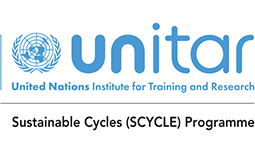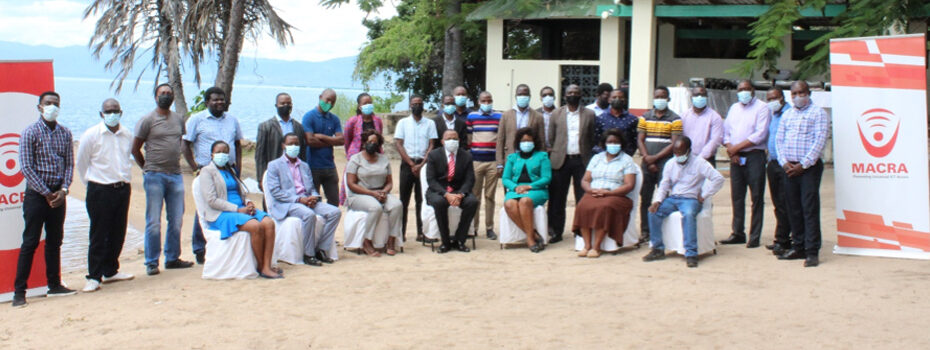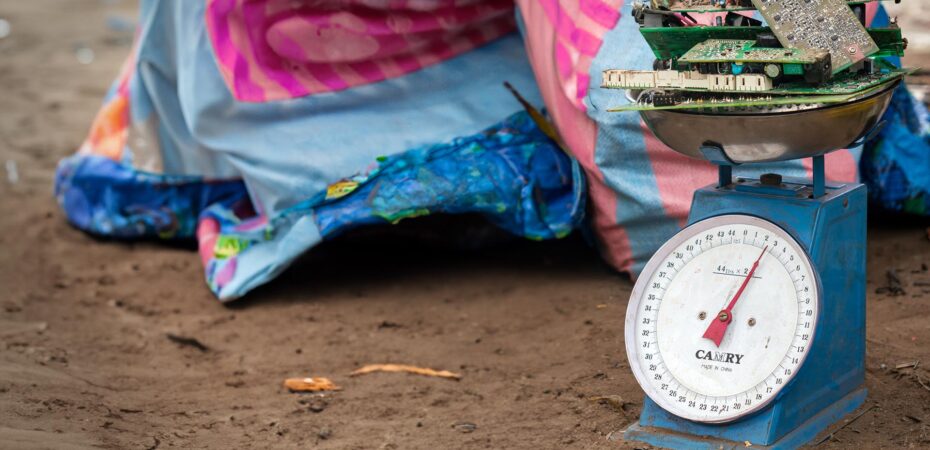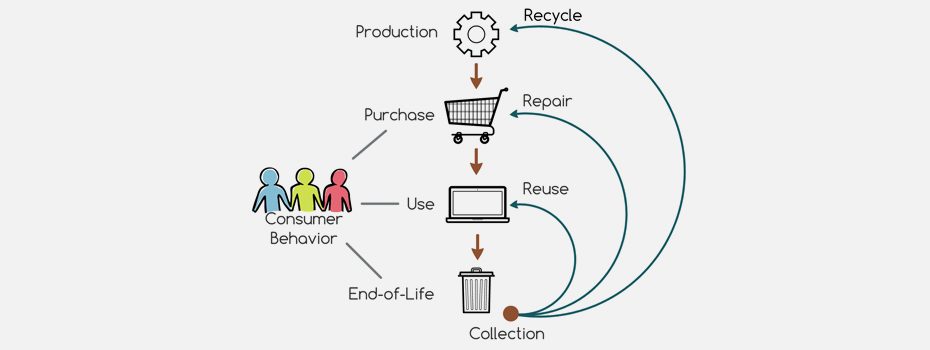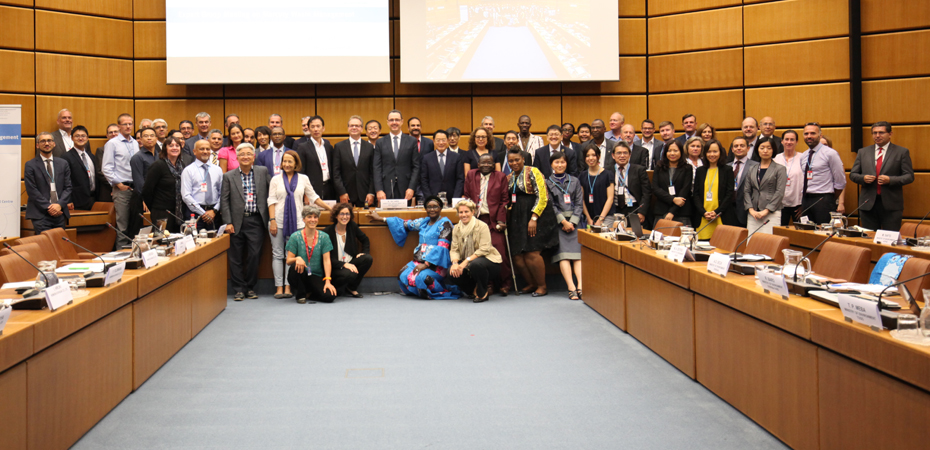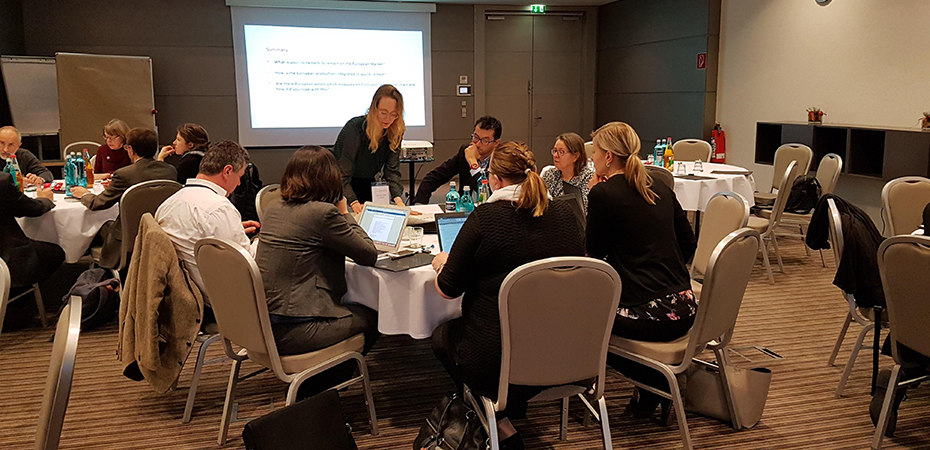Workshops on E-waste Data and Statistics in Malawi, Namibia and Botswana
3 years ago Ruediger Kuehr Comments Off on Workshops on E-waste Data and Statistics in Malawi, Namibia and Botswana
SCYCLE, in partnership with the International Telecommunication Union (ITU), the Uganda Bureau of Statistics (UBOS) and the National Bureau of Statistics (NBS) Tanzania, has bee leading three training workshops on e-waste data and statistics.
Both Botswana and Namibia currently have an e-waste policy under approval phase, whereas Malawi is in a stakehoders‘ consultation process to start developing one. Within this context it is paramount to adopt a comprehensive approach and include data and quantification capacity to support the policy work.
The workshops were held during April-May 2021 for three days each and were attended by all the main stakeholders in the countries (NSOs, MoE, Regulatory Authorities, MoIs, Ministries of Local Governments, municipalities, private sector, etc.), for a total of approximately 60 participants.
The workshops were featured to combine experts‘ presentations, practical activities and open discussion moments.
The objectives for the three countries were to:
- Build capaciy and knolwedge on e-waste challenges and opportunities;
- Help to improve the quality, understanding, collection and interpretation of e-waste data;
- Learn and experiment with the UNU/UNITAR methodology to measure e-waste;
- Start compiling harmonized national e-waste statistics;
- Lay the basis for a quantitative assessment model and for the development of National E-waste Monitors;
- Discuss about the main challenges and opportunities for improvement;
- Enhance stakeholders cooperation at national level;
In a broader perspective, the activities that have been launched with the workshops and that will continue in the next months have the goals to:
- Create facts-based evidences to help the countries in developing policies and regulatory instruments more efficiently;
- Plan roadmaps to fully bring the e-waste issue to the national agenda;
- Improve the monitoring and the management of the e-waste flows in the countries;
- Contribute to the achievement of the Sustainable Development Goals (SDG), in particular SDG 12, to “ensure sustainable consumption and production patterns”.
In the net months, SCYCLE and ITU will continue to support Malawi, Namibia and Botswana in their work for mapping and quantifying e-waste alongside the complete development of e-waste policies and implementation.
Hopefully the first step of many others to come.
